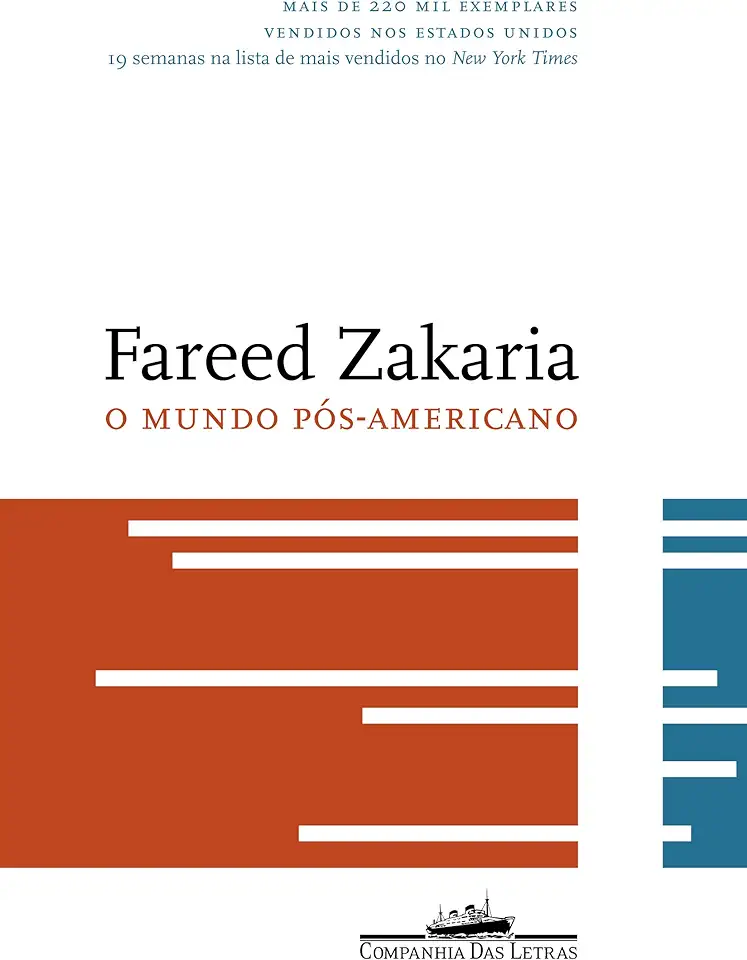
The Post-American World - Fareed Zakaria
The Post-American World: Fareed Zakaria
In his groundbreaking book, Fareed Zakaria argues that the United States is no longer the sole superpower and that the world is entering a new era of multipolarity. He draws on history, economics, and political science to show how the rise of China, India, and other emerging powers is changing the global order. Zakaria also discusses the implications of this new world order for American foreign policy, the global economy, and the future of democracy.
The Rise of the Rest
The most important trend of the 21st century is the rise of the rest. China, India, and other emerging powers are growing rapidly and becoming increasingly influential on the world stage. This is due to a number of factors, including their large populations, growing economies, and increasing military power.
The rise of the rest is having a profound impact on the global order. The United States is no longer the only country that can shape global events. Other countries are now able to play a more active role in international affairs, and they are increasingly challenging American dominance.
The End of the American Era
The rise of the rest is leading to the end of the American era. The United States is still the most powerful country in the world, but its power is relative, not absolute. Other countries are catching up, and the United States is no longer able to dictate the terms of the global order.
The end of the American era is not a cause for alarm. It is simply a reflection of the changing nature of the world. The United States is still a great power, and it will continue to play a major role in international affairs. However, it will have to share power with other countries, and it will have to adapt to the new realities of the 21st century.
The Implications for American Foreign Policy
The rise of the rest has profound implications for American foreign policy. The United States can no longer afford to be the world's policeman. It must now work with other countries to solve global problems. The United States must also be more willing to compromise and to accept the interests of other countries.
The United States is facing a number of challenges in the 21st century. The rise of the rest, the end of the American era, and the changing nature of the global order are all major challenges. However, the United States is a resilient country, and it has overcome many challenges in the past. The United States will continue to be a major force in the world, but it will have to adapt to the new realities of the 21st century.
The Future of Democracy
The rise of the rest is also having a profound impact on the future of democracy. Democracy is a fragile form of government, and it is not always easy to establish and maintain. The rise of authoritarian regimes in China, Russia, and other countries is a challenge to democracy.
However, the rise of the rest also presents an opportunity for democracy. The spread of democracy to new countries can help to create a more just and peaceful world. Democracy is the best way to ensure that the interests of all citizens are represented, and it is the best way to promote economic development and social progress.
The future of democracy is uncertain. However, the rise of the rest presents both challenges and opportunities for democracy. The United States and other democracies must work together to promote democracy around the world and to ensure that the future is democratic.
Conclusion
The Post-American World is a must-read for anyone who wants to understand the changing global order. Fareed Zakaria provides a clear and concise analysis of the rise of the rest, the end of the American era, and the implications for American foreign policy and the future of democracy. This book is essential reading for anyone who wants to be informed about the most important issues of the 21st century.